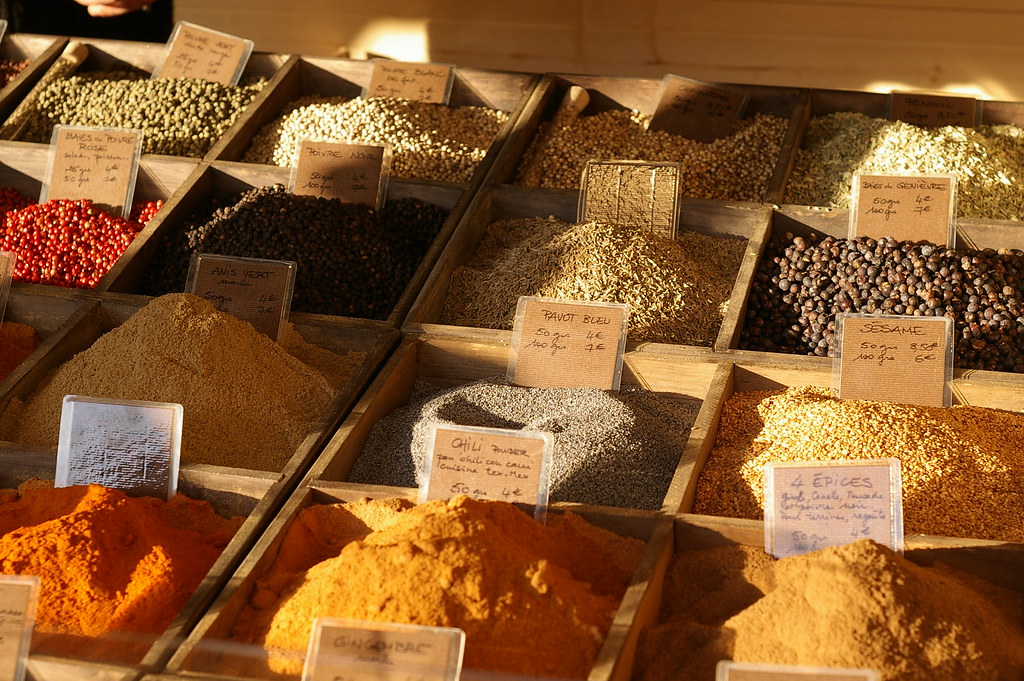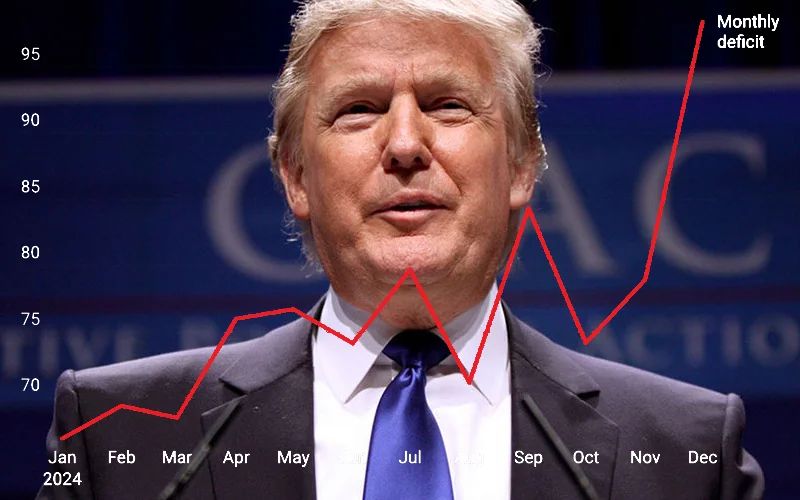It is difficult to believe that something can be so innovative yet simple, so ubiquitous yet underappreciated, and so advanced yet technologically lacking. However, with spices, particularly their initial cultivation and dissemination, all three improbable paradoxes hold true. The innovation behind the discovery of spices and the application of those ideas that followed yielded substances that billions use daily and rely upon, but surprisingly, are often overlooked and unnoticed.
The same smoked paprika that is responsible for a rich, smokey flavor is also the spice that consumers frequently overshadow in favor of meat, seafood, and vegetables, for example. It is not the taste or praise of such spices that is integral in this conversation, however. Instead, the long-term popularity of these plant-derived substances makes them most notable. Though their initial use, according to McCormick Science Institute, dates back to approximately six million years ago, the global effects of spices did not occur until the Ancient and Medieval periods.
The Silk Road, which The United States Nations World Tourism Organization recognizes as the first global trade route in history, created impactful global integration that included vastly more diverse goods than luxurious fabric for garments. The high demand and, therefore, price of spices before and after China’s Han Dynasty encouraged the assimilation of religion, culture, and knowledge that stemmed from a simple barter for a flavor enhancer.
Soon, the overwhelming abundance of specific spices in each region and the scarcity of others became unacceptable among the wealthy and aristocratic. This disparity prompted the Silk Road to span more than 12,000 km connecting three continents and serve as a conduit for the exchange of spices that granted flavor enhancement, preservative properties, medicinal use, and status symbols of wealth. Though the acclaim of spices does not outweigh that of ‘Silk’ in the name of the transcontinental network, the cost and demand of these valuable goods are in part responsible for connecting China, a once isolated but intrinsically advanced and scholarly society, to the Western Hemisphere. This connection facilitated improved global exploration and general economics through maritime trade.
Though many view spices as an unnecessary but tasty ingredient in their favorite meals, companies like Suite42 have dedicated their work towards improving the manufacturing and technological aspects of the spice industry. They claim that the machinery used to ensure proper temperature and natural aroma are the pinnacle of spice innovation. These natural essences, which greatly predated technology, now use mechanization as an integral part of their mass cultivation and distribution.
James Joyce once stated, “God created food, buit the Devil invented spices” and according to the Taste Collection Journal, spices are worthy of the attention they receive due to the worldwide industry they provoked. The journal credits James Joyce with spices’ nickname as he believed countless wars occurred as a result of the fierce and violent competition within the industry make it an evil curse.
Spices and their effects on the transcontinental exchange of knowledge have overcome bloodshed and warfare but still go unnoticed in that favorite steak skillet, making them an innovative but underrated component of daily life.





























